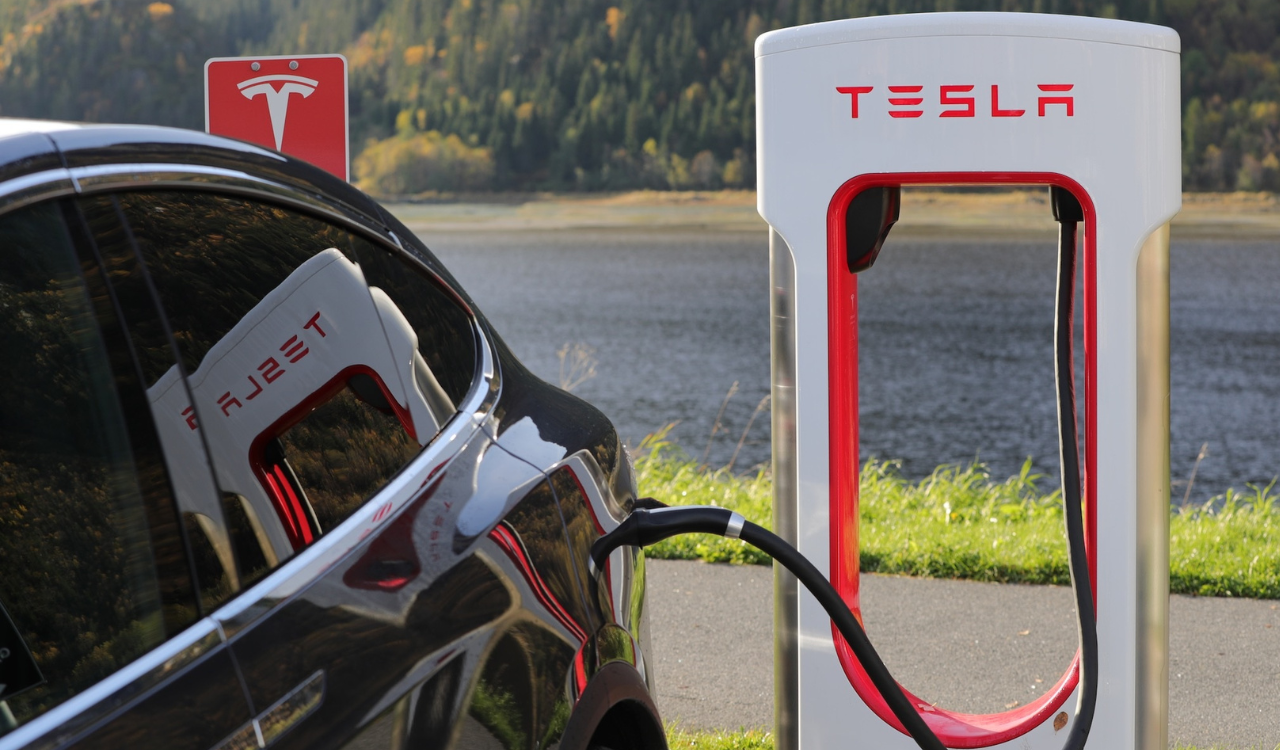With the continuous hitting of a heatwave almost in all parts of our planet. The hot climatic condition greatly impacts many electric vehicles (EVs) and can often lead to a breakdown. On the other hand, when it comes to Tesla’s EVs, they are not being affected much. Even, as per a study performed by Recurrent, Tesla EVs have gone through minimal range loss in flaming temperatures. While it significantly pushes off the heat that leaves other EVs to be heavily affected.
A vehicle’s approximate range and how far it can go in a single charge is dependent on multiple factors. Certainly for EVs temperature is one of the primary causes. Therefore, both intense cold and heat can send your EVs range into a sudden fall. At the same time, Tesla seems to be making light work of these heat waves.
Study Outcome
In the study research, Recurrent conducted a task of examing the battery readings of 7,500 vehicles of different brands. These ranges consist of Chevrolet, Hyundai, and Ford, among others. The outcome of these tasks shows that some models showed increases in range before losing it while some others depict a severe decline. Impressively, Tesla appeared to be a clear-cut winner, since its range took the heat in a way that its least amount of range loss under these circumstances.
Traditional Aircon and Heaters Perform Better
This is not just mere magic, since Tesla vehicles utilize heat pumps as compared to the typical automotive air cooling systems. It also appears that traditional aircon and heaters perform better at cooling in the summer and heating in the winter. Whereby, these benefits come at a cost because many components are not much efficient as well. To be more precise then tesla’s heat pumps seem to surpass its peers in terms of performance.
Moving ahead, before we declare Tesla to be the King of hot weather. Then the latest heat wave across the Southern and Western US greatly hampers the Tesla EVs range, the information has been reported by Automotive News. Also, there have been problems with the charging of the vehicle during a recent heat wave. The reason is quite simple to understand, as stronger the cooling system has to work, the more power it consumes which ultimately produces more heat for the circuits.
Greg Less, technical director of the University of Michigan Battery Lab, explains, “Once you’re above 40°C, the passive emission layer on the anode starts to break down, causing the liquid electrolyte to be consumed, which shortens the battery’s life.”
Everything comes with its fair pros and cons and that’s what EVs do. However, there are ways to keep the health of your EV battery good. Some of the precautions are using a slow charger, avoiding charging up to 100% and keeping the EV in the shade as much as you can.























































